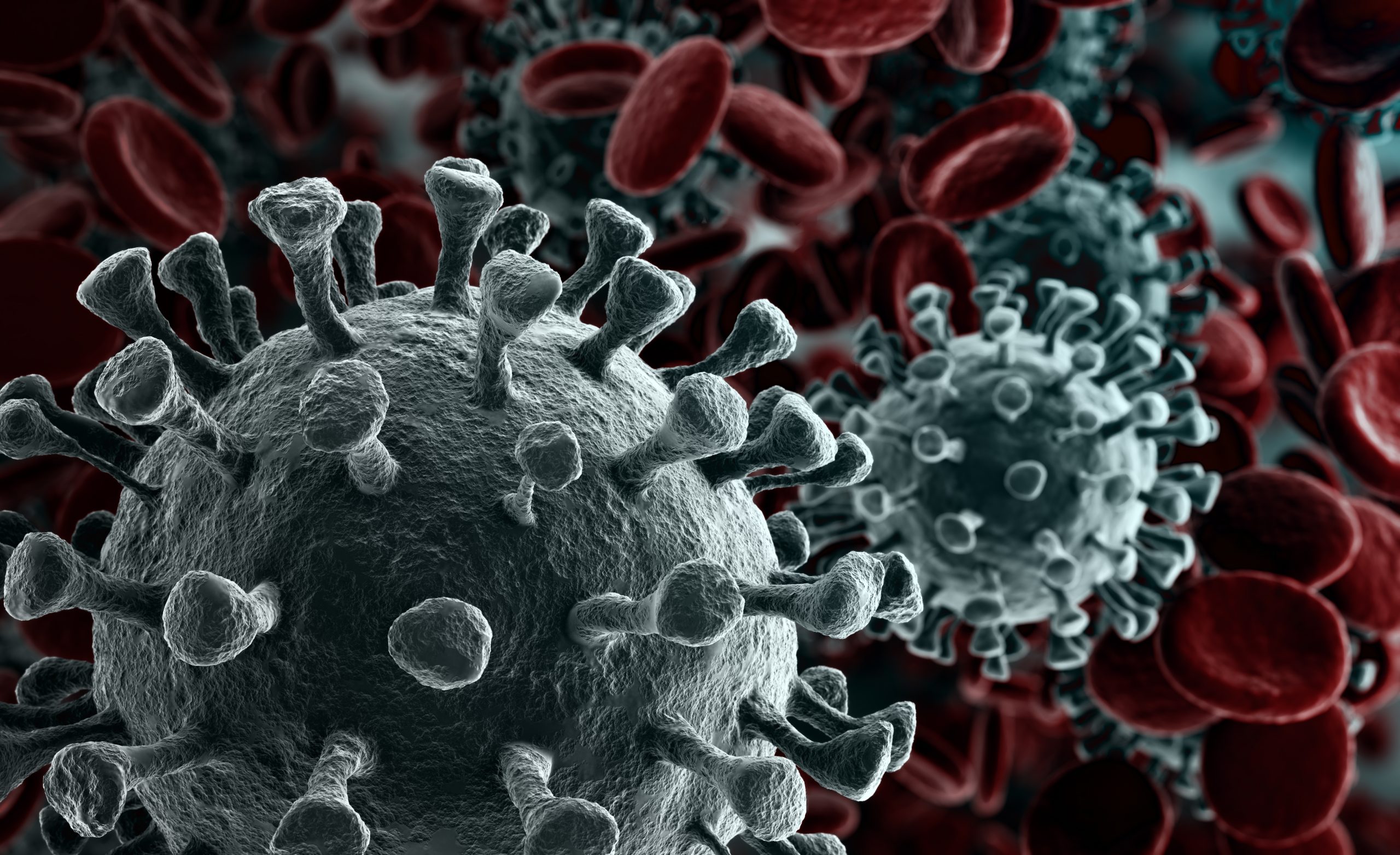Household Bills
Are you eligible for £500 for self-isolating?

A new legal duty to self-isolate comes into force today, with fines starting at £1,000 for anyone breaking the rules, and increasing up to £10,000 for repeat offenders.
People in England are now required by law to self-isolate if they test positive for coronavirus or are contacted by NHS Test and Trace.
On the plus side, support is now available for people on low incomes who are unable to work while self-isolating through the £500 Test and Trace Support Payment.
How to get the £500 Test and Trace Support Payment
Local authorities have been tasked with setting up Test and Trace Support Payment schemes and these are expected to be in place by 12 October.
Those who are told to self-isolate from today will receive backdated payments, if they are eligible, once the scheme is set up in their local authority.
The criteria for the self-isolation payment is:
- You have been instructed to self-isolate by NHS Test and Trace, either because you’ve tested positive for coronavirus or are the close contact of a positive case.
- You are employed or self-employed.
- You are unable to work from home and will lose income as a result.
- You are currently receiving Universal Credit, Working Tax Credit, income-based Employment and Support Allowance, income-based Jobseeker’s Allowance, Income Support, Housing Benefit and/or Pension Credit.
If you’re eligible for the Test and Trace Support Payment you’ll receive this payment on top of any Statutory Sick Pay or benefits you receive.
Depending on your circumstances, you might also be able to claim Universal Credit and/or Employment and Support Allowance.
Councils will have the discretion to make payments to people who don’t receive the qualifying benefits, but are on a low income and could suffer financial hardship as a result of not being able to work.
The Test and Trace support payment will initially only be available in England, but could be rolled out in Wales, Scotland and Northern Ireland at a later date.
Why self-isolation is important
Matt Hancock, health secretary, says: “Anyone can catch coronavirus and anyone can spread it. We all have a crucial part to play in keeping the number of new infections down and protecting our loved ones.
“As cases rise it is imperative we take action, and we are introducing a legal duty to self-isolate when told to do so, with fines for breaches and a new £500 support payment for those on lower incomes who can’t work from home while they are self-isolating.
“These simple steps can make a huge difference to reduce the spread of the virus, but we will not hesitate to put in place further measures if cases continue to rise.”
A number of steps will also be taken to make sure that people are complying with the rules. These include:
- NHS Test and Trace call handlers increasing contact with people self-isolating.
- Using police resources to check compliance in highest incidence areas and in high-risk groups, based on local intelligence.
- Investigating and prosecuting high-profile and egregious cases of non-compliance.
- Acting on instances where third parties have identified others who have tested positive but are not self-isolating.
Fines for breaching self-isolation rules
Fines have also been introduced for those breaching self-isolation rules, starting at £1,000, in line with the existing penalty for breaking quarantine after international travel.
This could increase to up to £10,000 for repeat offences and the most serious breaches, including for those preventing others from self-isolating.
Employers who force or allow staff to come to work when they should be self-isolating will also be liable for fines of up to £10,000.
If someone, or another member of their household has symptoms of coronavirus, they should isolate immediately.
If someone receives a positive test result, they are now required by law to self-isolate for 10 days after displaying symptoms or after the date of the test, if they didn’t have symptoms.
Other members of their household must self-isolate for 14 days after symptom onset, or after the date of the initial person’s positive test.
If someone is instructed to self-isolate by NHS Test and Trace, because they have had close contact with someone outside their household who has tested positive, they are legally required to self-isolate for the period stated by NHS Test and Trace.
Users of the official NHS Covid-19 contact tracing app, which went live last week, are anonymous and can’t be forced to self-isolate. The app will advise a user to self-isolate if they have come into close contact with someone who has tested positive for coronavirus.